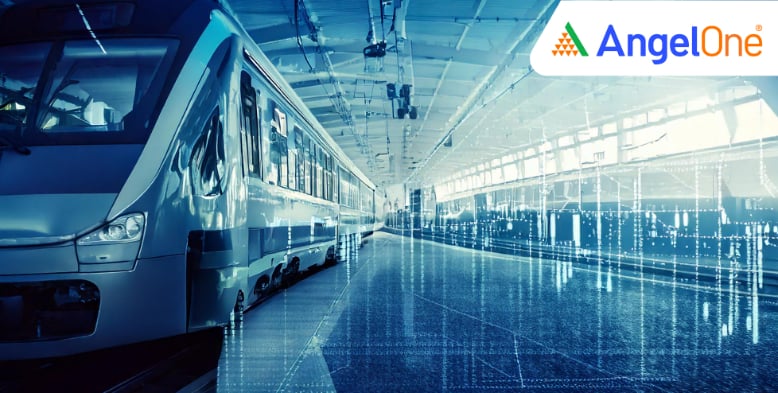
As Delhi continues to battle rising air pollution, the Delhi Metro Rail Corporation (DMRC) has announced an increase of 40 weekday trips across its network. The decision comes as the city’s air quality remains in the “poor” category, with an AQI of 288 recorded on Friday, according to the Central Pollution Control Board (CPCB).
The move aims to motivate daily commuters to switch from private vehicles to public transport, thereby reducing emissions and easing congestion. DMRC Managing Director Dr Vikas Kumar stated that this enhanced frequency could be extended to 60 additional trips if the Graded Response Action Plan (GRAP) Stage III is implemented.
Kumar, along with officials from the civil and environment departments, recently inspected north Delhi’s Ashok Vihar and Derawal Nagar areas along the under-construction Krishna Park Extension–RK Ashram Marg corridor. The inspection focused on dust control efforts and adherence to pollution mitigation measures.
A study by The Energy and Resources Institute (TERI) highlighted the positive socio-economic impact of the Delhi Metro. In 2024, the metro system helped keep more than 6.4 lakh vehicles off the road daily, cutting annual fuel consumption by around 3.11 lakh tonnes and reducing pollutants by nearly 9.52 lakh tonnes.
The study also revealed that the metro saved about 337 million passenger hours each year and prevented 14 fatal accidents.
DMRC has intensified its dust control initiatives by deploying anti-smog guns at all active construction sites and ensuring that vehicle wheels are washed before leaving sites. Water sprinkling and safe disposal of construction waste are being strictly followed.
Interestingly, DMRC was one of the first agencies in the National Capital Region to introduce anti-smog guns, well before they became mandatory. Currently, 82 such machines are operational across various project sites, with more to be deployed as required.
In addition, DMRC has implemented several long-term environmental projects. During the construction of Phase IV underground stations at Ghanta Ghar and Pul Bangash, the dewatered water was redirected to Roshanara Bagh Lake, contributing to its rejuvenation.
Its Blue Line corridor connecting Yamuna Bank to Vaishali, along with Metro Bhawan, has also been declared carbon neutral.
Read More:DMRC, Blue Dart ink MoU to Provide Urban Logistics Service
While Delhi continues to battle rising pollution levels, collective action remains crucial. DMRC’s move to increase metro frequency serves as a reminder that choosing public transport over private vehicles can make a measurable difference in improving air quality and creating a cleaner, healthier city.
Disclaimer: This blog has been written exclusively for educational purposes. The securities mentioned are only examples and not recommendations. This does not constitute a personal recommendation/investment advice. It does not aim to influence any individual or entity to make investment decisions. Recipients should conduct their own research and assessments to form an independent opinion about investment decisions.
Investments in the securities market are subject to market risks. Read all the related documents carefully before investing.
Published on: Oct 31, 2025, 10:26 AM IST

Suraj Uday Singh
Suraj Uday Singh is a skilled financial content writer with 3+ years of experience. At Angel One, he excels in simplifying financial concepts. Previously, he cultivated his expertise at a leading mortgage lending firm and a prominent e-commerce platform, mastering consumer-focused and engaging content strategies.
Know MoreWe're Live on WhatsApp! Join our channel for market insights & updates
